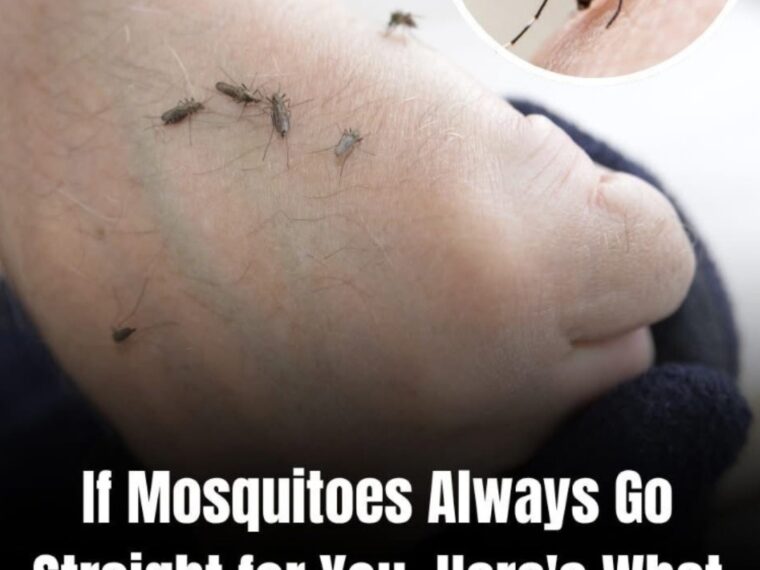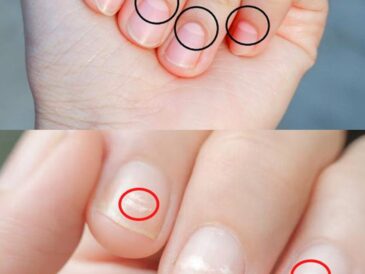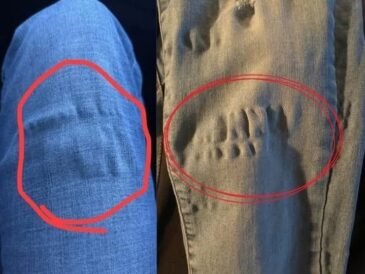Have you ever enjoyed a summer evening outdoors only to find yourself covered in itchy mosquito bites, while others around you are left untouched? You’re not alone — and it’s not just bad luck. Science has shown that mosquitoes prefer certain people over others, and their choices are influenced by a variety of factors ranging from your body chemistry to your genetics.
Let’s break down what the research says about why mosquitoes might see you as an all-you-can-eat buffet.
🦟 1. Body Odor & Skin Microbiome
One of the biggest determinants in mosquito preference is your skin’s scent, which is produced by the bacteria living on your skin.
▶️ Research:
A 2022 study published in Cell by scientists from Rockefeller University found that individuals who produce high levels of carboxylic acids on their skin are significantly more attractive to mosquitoes. These acids are produced by natural skin oils and microbes.
🧬 “The differences in mosquito attraction are not about what people can consciously smell, but what the insects smell,” said Dr. Leslie Vosshall, senior author of the study.
🌡️ 2. Body Temperature & Sweat
Mosquitoes are drawn to heat and sweat. People with higher metabolic rates tend to emit more body heat and carbon dioxide, two major mosquito attractants.
- If you’ve just exercised or you’re naturally a “hot sleeper,” you’re likely to become a mosquito magnet.
- Lactic acid, a component found in sweat, also acts like a beacon for mosquitoes.
▶️ Research:
A 2005 study in the Journal of Medical Entomology found that lactic acid in sweat significantly increases mosquito attraction.
🧬 3. Blood Type
Mosquitoes don’t bite at random — they seem to have a taste for specific blood types.
- People with Type O blood are bitten twice as often as those with Type A, according to a 2004 study published in the Journal of Medical Entomology.
- Type B falls somewhere in between.
🩸 Interesting: About 85% of people secrete a chemical signal through their skin indicating their blood type. Mosquitoes can detect these secretions and choose accordingly.
💨 4. Carbon Dioxide Emission
Mosquitoes are equipped with sensors that detect carbon dioxide (CO₂) from up to 50 meters away. The more CO₂ you emit, the more likely you are to be found.
- Larger individuals (due to higher metabolic output) tend to exhale more CO₂.
- Pregnant women, who exhale 21% more CO₂, are also twice as likely to be bitten.
▶️ Research:
A 2000 study published in The Lancet concluded that pregnancy increases mosquito attraction, partly due to elevated CO₂ and higher abdominal temperature.
👃 5. Your Natural Scent or Body Chemistry
Mosquitoes use their antennae and olfactory receptors to detect compounds like octenol, ammonia, and fatty acids present in sweat and breath. Your natural levels of these compounds influence how attractive you are.
Certain genetic factors control how much of these compounds you emit. That’s why some people are mosquito magnets no matter what repellents they use.
🎨 6. Color of Your Clothing
Yes, even your wardrobe can make a difference! Mosquitoes are visual hunters. They tend to be drawn to dark colors such as black, navy blue, and red.
- White and light-colored clothing reflects light and makes you less visible to mosquitoes.
▶️ Research:
A study published in Nature Communications (2022) by the University of Washington found that mosquitoes are more attracted to people wearing red, black, or cyan, because those shades are more visible to their visual receptors.
🍺 7. Alcohol Consumption
TO CONTINUE READING THE ARTICLE PLEASE SEE PAGE 2




